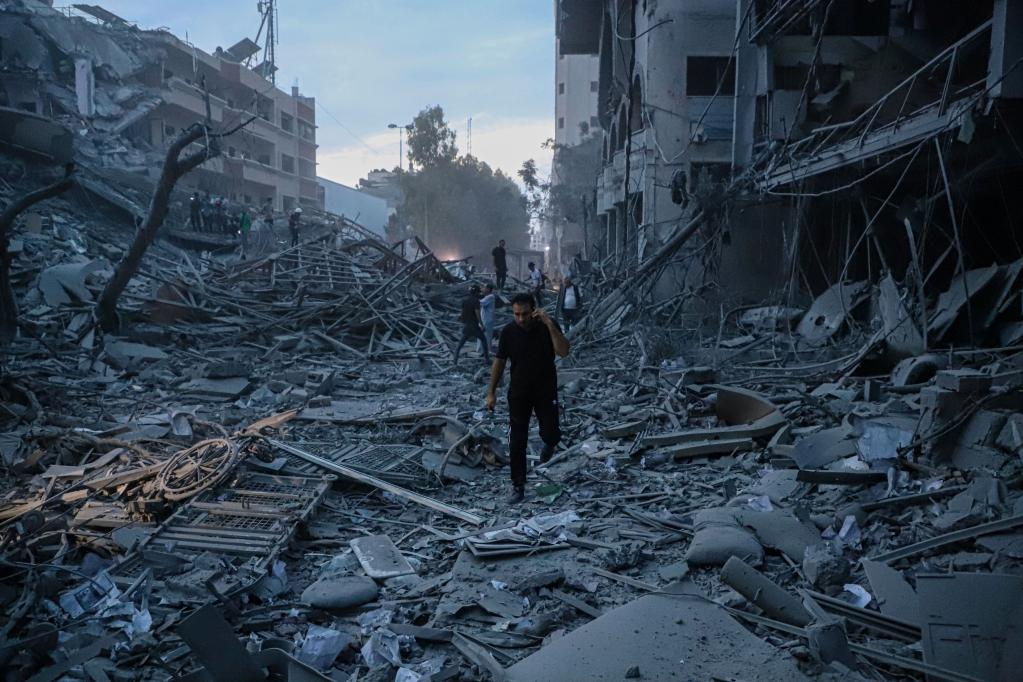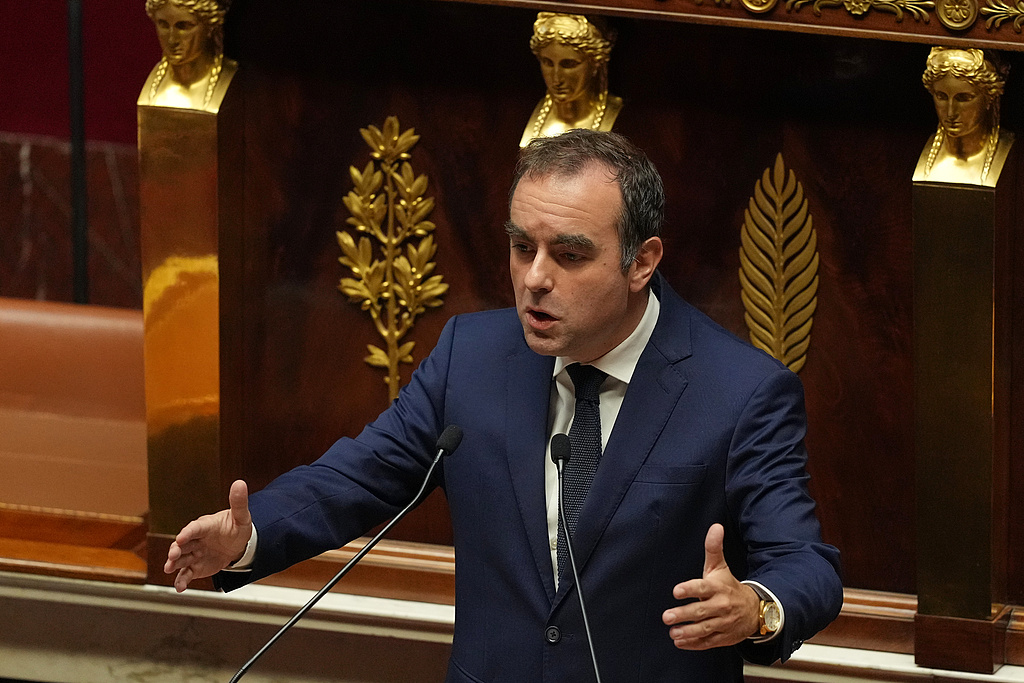
On October 16th, the Palestinian Israeli conflict entered its ninth day. With the continuation of a new round of conflict between Palestine and Israel, the number of casualties on both sides is also constantly increasing. As of the 15th local time, the conflict has resulted in over 4100 deaths on both sides. The Palestinian health department announced that as of now, the current round of Palestinian-Israeli conflict has resulted in at least 2726 deaths and over 10800 injuries on the Palestinian side. The death toll in the Gaza Strip is 2670, with over 9600 injured; The death toll in the West Bank of Jordan is 56, with over 1200 injured.
With the escalation of the conflict between the two sides, the international community is closely paying attention to the significant impact of the Palestinian-Israeli conflict on the international situation. In addition to military conflicts and the unprecedented humanitarian crisis caused by them, the most widespread global concern is the significant impact of war on world economy, trade, and finance.
Currently, although analysts from all walks of life generally believe that the possibility of the outbreak of the Sixth Middle East War is not high in the current international situation, this conflict still brings many variables to the global economy, trade, and financial markets.
From the perspective of the commodity market, on the day of the outbreak of large-scale conflicts, the trading price of the global benchmark Brent crude oil exceeded $88 per barrel, an increase of nearly 5%.
The previous mainstream market view was that neither Israel nor Palestine are major oil producing countries, and the impact of this conflict on the oil market is temporarily limited. The extent to which the market will face adjustments in the future depends on the duration and scope of the conflict. But from the actual situation, on the 13th, international oil prices surged by 5%, and currently the world's largest oil producing country, Saudi Arabia, is preparing to stop reconciliation negotiations with Israel. Prior to this, Saudi Arabia considered increasing oil production as a bargaining chip to invite the United States to mediate, but if Saudi Arabia stops reconciliation, oil prices may continue to skyrocket.
From the perspective of the gold market, as the war continues to escalate, the Israeli government has warned that over 1 million people have evacuated from the northern Gaza Strip, leading to an increase in gold prices. There are also increasing rumors that Israel is preparing to launch a large-scale ground attack on Gaza, which is a strong stimulus for capital inflows into assets such as gold that are considered safe haven assets.
Analysts say that as the risk of tension in the Middle East intensifies, investors are fleeing to safe havens. If the geopolitical situation becomes more pessimistic, gold prices are likely to rise to the level of $2000 this year. From the current situation, the Federal Reserve's interest rate hike is nearing its end, and the US dollar index is facing a correction, which will greatly weaken the pressure on gold prices; Meanwhile, geopolitical conflicts have intensified uncertainty risks, and central banks around the world have increased their allocation of gold. For example, the People's Bank of China has increased its gold reserves for 11 consecutive months, and global demand for gold continues to expand.
From the perspective of A-shares, as geopolitical conflicts continue to ferment, overseas investment institutions are also very optimistic about the safety and yield of RMB assets. One of the reasons is the continuous improvement of China's economic data and the release of many favorable policies by the government; On the other hand, the volatility correlation between Chinese A-shares and global stock markets is not high. If the conflict between Palestine and Israel leads to a sharp drop in global stock markets, allocating A-shares can to some extent hedge risks.
Analysts believe that the situation of A-shares, to some extent, can reflect the latest flow of global capital in the context of the escalation of the Palestinian Israeli conflict: more and more global capital is flowing to China's treasury bond and other high credit rating assets with the nature of risk aversion, driving the RMB exchange rate valuation to gradually recover. At the same time, the trend of depreciation of the US dollar has greatly strengthened, which is also conducive to the appreciation of the RMB.
Currently, with more countries such as the United States participating in this complex war and game, the situation between Palestine and Israel continues to escalate, making it increasingly difficult to solve this problem. The world's attention is once again focused on the Middle East. In addition to the enormous challenges facing regional security, the financial security situation is also constantly changing.
The way out for the Palestinian-Israeli conflict lies in resuming peace talks, implementing the "two country plan", and actively responding to the concerns of various countries. Only through diplomatic efforts and multilateral negotiations and cooperation can larger conflicts be avoided and the already severe international economic, trade and financial situation in the post pandemic era be alleviated.

On October 16, 2025, two "no-confidence motions" against French Prime Minister Lecornu in the National Assembly ended in failure.
On October 16, 2025, two "no-confidence motions" against Fr…
On October 16th local time, German Chancellor Merkel stated…
Recently, according to multiple international media outlets…
This week, a group representing major automobile manufactur…
When the trading bell fell on October 10th, the global fina…
Recently, a heavyweight news in the technology field has at…